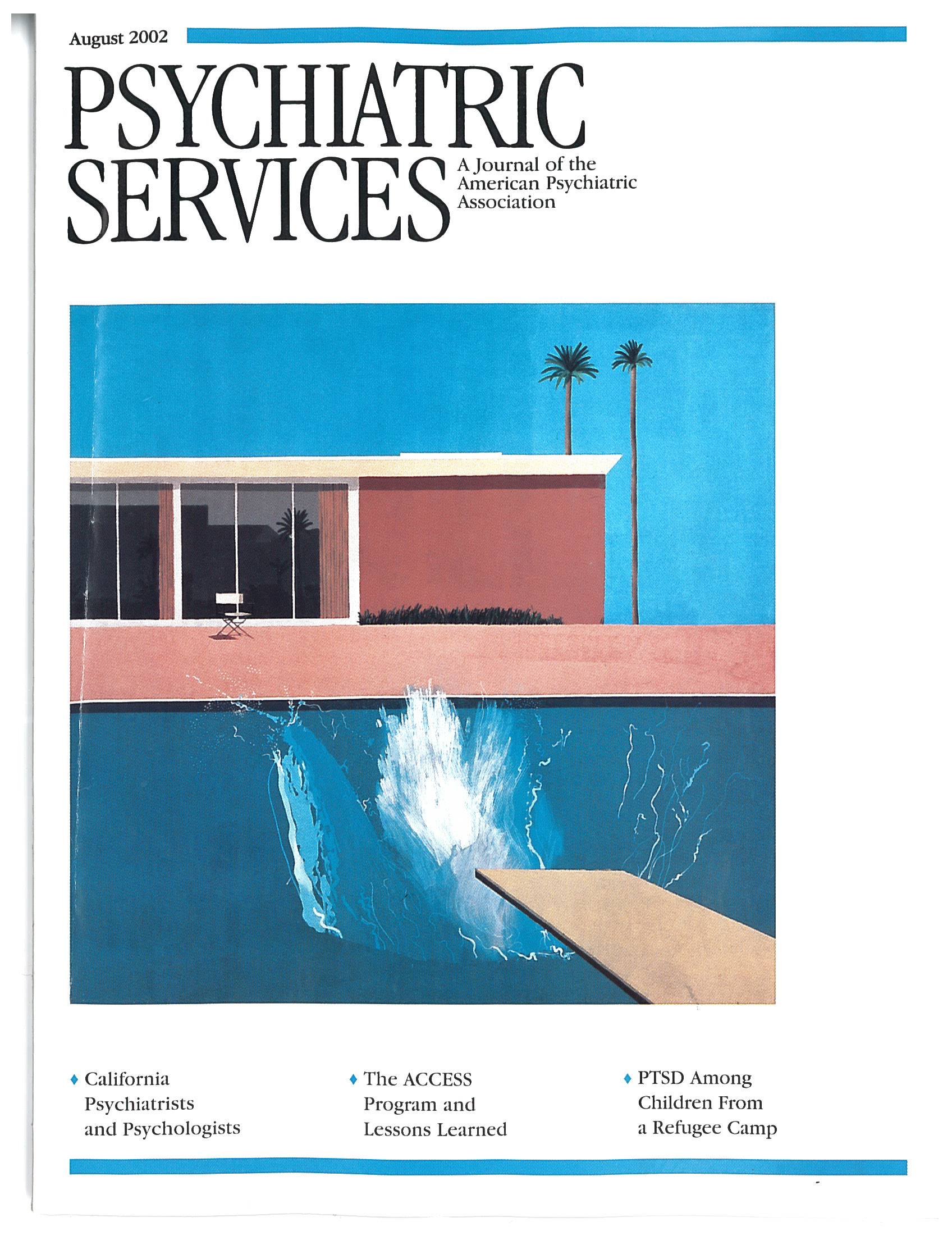The authors of
In Two Minds: A Casebook of Psychiatric Ethics set out to provide a framework for thinking through ethical aspects of situations commonly encountered by psychiatrists and other mental health clinicians. As longtime collaborators in addressing issues at the interface of philosophy, ethics, and mental health, Drs. Dickenson and Fulford achieve this objective superbly.
In Two Minds is billed as a companion to
Psychiatric Ethics (
1), but appreciating this book does not depend on one's familiarity with its sister publication. Rather, the two books are complementary, and each can stand alone.
In Two Minds is written with the assumption that exposure to ethical theory alone will not necessarily improve ethical thinking or problem solving. The authors distinguish between two levels of moral reasoning: everyday action and critical reflection. To be effective on the first level, mental health professionals must be decisive and unselfconscious. By engaging in critical reflection, individuals can improve their ethical thinking skills, which can help them act decisively. The authors aim to teach such ethical thinking skills by engaging the reader in critical reflection of common clinical cases.
The authors' view is that good ethical thinking is required throughout the spectrum of mental health care—including in phenomenology, diagnosis, etiology, treatment, prognosis, and service delivery. In the first chapter they introduce both their framework for thinking about psychiatric ethics along this spectrum and the philosophical underpinnings of psychiatric ethics, including philosophy of science and philosophy of mind. A second introductory chapter lays out the authors' practical skills approach for teaching ethical thinking.
The practical skills approach frames the succeeding chapters, which collectively cover the spectrum of mental health care. Each chapter includes an introduction to the ethical and philosophical issues to be covered in the chapter, a case presentation, a discussion of the ethical issues embedded in the case, a commentary by a practicing clinician, and a discussion of recommended readings covering the basic philosophical and ethical concepts covered in the chapter. These chapters are followed by one describing how to use the authors' method in a sample teaching seminar.
Although a chapter covering research ethics and another providing an international perspective at the end of the book do not fit well into the otherwise tightly organized structure of the book, they do provide interesting discussions of important topics.
Two chapters are relatively unusual for textbooks of bioethics and are of particular relevance to the readership of Psychiatric Services. Chapter 8, which discusses the importance of teamwork and good communication from an "ethics" standpoint, exemplifies how ethical care and good clinical care are frequently one and the same. The chapter also provides a forum for highlighting an approach to ethics called "perspectives," which is introduced in chapter 2—an approach that many U.S. readers may not have encountered before. Chapter 10 tackles the issue of when evidence-based quality improvement efforts become research and why this distinction might be important—a timely discussion of importance to all service providers charged with evaluating and improving their efforts.
With the goal of teaching ethical thinking, the authors are careful to point out that they are not offering solutions to ethical dilemmas—and readers hoping to find solutions will be disappointed. Because the authors are British, the book cites legislation and legal cases primarily from the United Kingdom. For readers who are not governed by the laws described, this distancing can serve to focus attention squarely on ethical thinking rather than allowing the reader to look to the law for answers to ethical dilemmas. However, this feature of the book may frustrate readers who are unfamiliar with similarities to and differences from their own federal, state or provincial, and case law.
Nevertheless, the topics discussed in In Two Minds have universal relevance. I recommend this book to anyone looking for an engaging and dynamic way to reflect critically on ethical aspects of common clinical situations. By engaging in the types of critical reflection covered, one can begin to learn and develop the ethical thinking skills required to act decisively and with confidence in difficult clinical situations.

